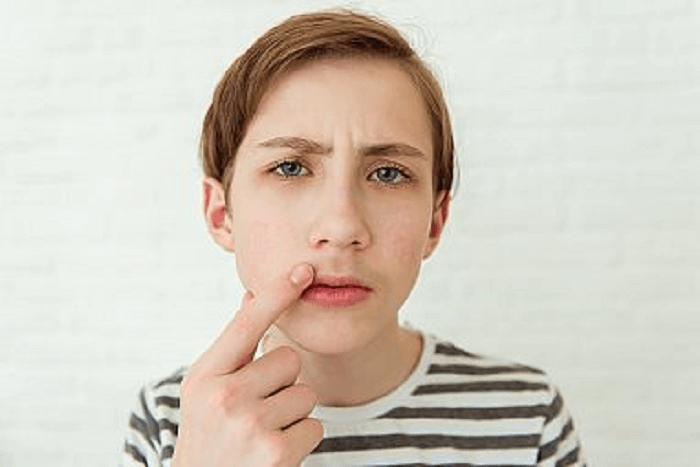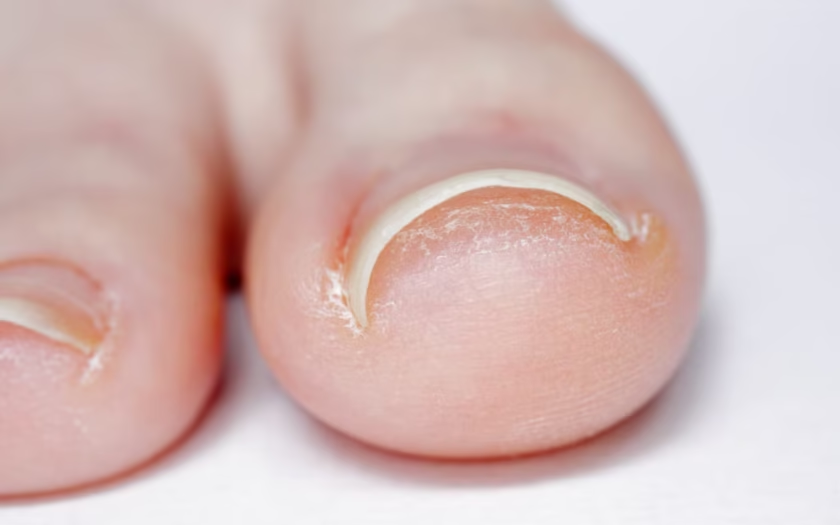Puberty is a significant time in a person’s life, marked by both physical and emotional changes as they transition from childhood to adulthood. Here’s what you need to know about puberty:
When Does Puberty Start?
Puberty typically begins for most females between the ages of 8 and 13, and for most males between 9 and 14. However, the onset of puberty can vary, with some individuals starting earlier or later than these ranges.
How Does Puberty Start?
Puberty is initiated by hormones released from the brain, which signal the reproductive organs to begin producing sex hormones. In males, this leads to the production of testosterone and sperm, while in females, it triggers the production of estrogen and the maturation of eggs.
What Physical Changes Happen During Puberty?
The physical changes during puberty differ between males and females:
Males: Puberty for males typically starts with testicular growth, followed by the development of pubic and facial hair, growth of the penis, erections, ejaculation, deepening of the voice, and changes in body shape and muscle mass.
Females: Puberty in females usually begins with breast development, followed by the growth of pubic and underarm hair, widening of the hips, changes in body shape and fat distribution, and the onset of menstruation.
What Emotional Changes Happen During Puberty?
Puberty is not just about physical changes; it also brings about emotional changes. Hormonal fluctuations during puberty can lead to mood swings, increased sensitivity, confusion, anxiety, and other strong emotions. It’s normal to feel overwhelmed or uncertain during this time.
What Else Should I Know?
Puberty affects everyone differently, and there is no right or wrong way to go through it. It’s essential to remember that everyone develops at their own pace, and differences among peers are normal. If you have questions or concerns about puberty, don’t hesitate to seek information and support from trusted adults, such as parents, teachers, doctors, or school counselors.
Understanding the changes that occur during puberty can help you navigate this significant transition with confidence and self-assurance.



